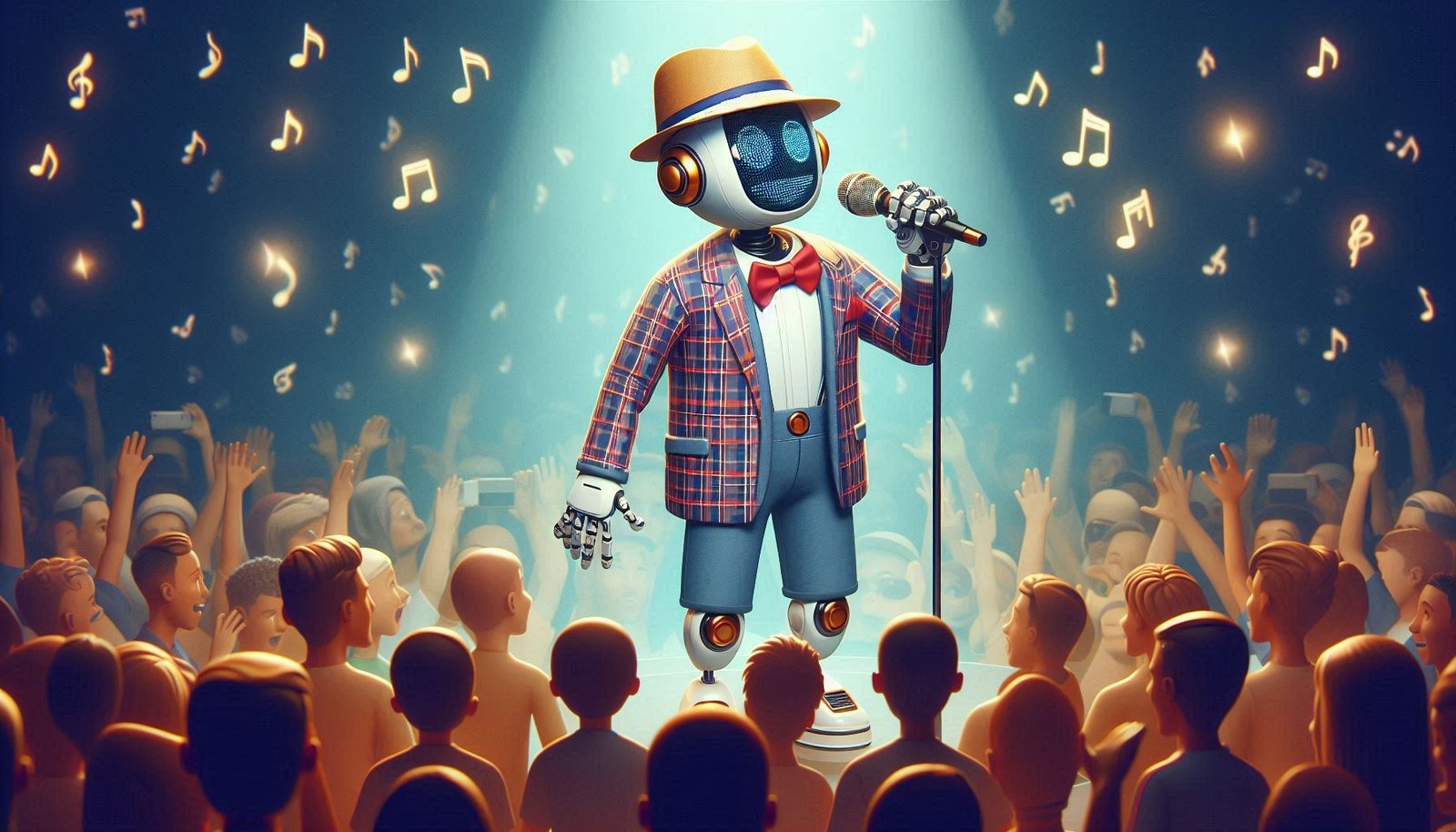
In recent years, the integration of AI technology into various sectors has transformed the way we live, work, and play. One of the most exciting areas where AI technology has made significant strides is in the entertainment industry. From film and music to gaming and virtual reality, AI is reshaping how content is created, distributed, and consumed. This article explores the various applications of AI technology in the entertainment sector, highlighting its impact and potential for the future.
Understanding AI Technology
Before diving into its applications, it is essential to understand what AI technology entails. Artificial Intelligence (AI) refers to the simulation of human intelligence in machines programmed to think and learn like humans. AI technology encompasses various subfields, including machine learning, natural language processing, and computer vision. These technologies enable machines to analyze data, recognize patterns, and make decisions, which can be applied in numerous ways within the entertainment industry.
AI in Film Production
Scriptwriting and Story Development
One of the most innovative applications of AI technology in film production is in scriptwriting and story development. AI algorithms can analyze vast amounts of data from existing scripts, box office performance, and audience preferences to generate new story ideas. For instance, companies like ScriptBook use AI to predict the success of a screenplay by evaluating its elements, such as character development and plot structure.
Casting and Talent Management
AI technology is also revolutionizing the casting process in the film industry. By analyzing actors’ past performances, audience reactions, and social media presence, AI can help producers identify the best candidates for specific roles. This data-driven approach not only streamlines the casting process but also increases the likelihood of a film’s success.
Visual Effects and Animation
The use of AI technology in visual effects and animation has significantly enhanced the quality of films. AI algorithms can create realistic animations, generate lifelike characters, and even automate the process of rotoscoping. For example, companies like Weta Digital have employed AI to improve the efficiency of their visual effects workflows, allowing for more creative freedom and faster production times.
AI in Music Production
Composition and Songwriting
AI technology is making waves in the music industry as well. AI algorithms can analyze musical patterns and styles to compose original music. Platforms like Amper Music and AIVA allow users to create unique tracks by simply inputting their preferences. This technology not only democratizes music production but also opens up new avenues for creativity.
Music Recommendation Systems
Streaming services like Spotify and Apple Music utilize AI technology to enhance user experience through personalized music recommendations. By analyzing listening habits, user preferences, and even social media activity, AI algorithms can curate playlists that resonate with individual users. This level of personalization keeps listeners engaged and encourages them to explore new genres and artists.
Enhancing Live Performances
AI technology is also being used to enhance live music performances. For instance, AI-driven visual effects can synchronize with live music, creating immersive experiences for audiences. Additionally, AI can analyze audience reactions in real-time, allowing performers to adjust their setlists or stage presence accordingly.
AI in Gaming
Game Development
The gaming industry has embraced AI technology to create more immersive and engaging experiences. AI algorithms can generate realistic environments, simulate human-like behaviors in non-player characters (NPCs), and even adapt gameplay based on player actions. This level of sophistication enhances the overall gaming experience and keeps players coming back for more.
Personalized Gaming Experiences
AI technology allows for personalized gaming experiences tailored to individual players. By analyzing player behavior and preferences, AI can adjust difficulty levels, suggest in-game purchases, and even create unique storylines. This customization not only enhances player satisfaction but also increases retention rates for game developers.
AI in Esports
The rise of esports has also seen the integration of AI technology. AI can analyze player performance, providing insights and strategies to improve gameplay. Additionally, AI-driven analytics can enhance the viewing experience for fans by offering real-time statistics and predictions during live matches.
AI in Virtual Reality and Augmented Reality
Immersive Experiences
AI technology plays a crucial role in creating immersive experiences in virtual reality (VR) and augmented reality (AR). By analyzing user interactions and preferences, AI can tailor VR and AR experiences to individual users, making them more engaging and enjoyable. This personalization is essential for the success of VR and AR applications in entertainment.
Content Creation
AI technology is also being used to create content for VR and AR experiences. For example, AI algorithms can generate realistic 3D environments and characters, reducing the time and resources required for content creation. This efficiency allows developers to focus on storytelling and user experience, ultimately leading to more compelling entertainment options.
The Future of AI Technology in Entertainment
As AI technology continues to evolve, its applications in the entertainment industry are expected to expand further. Here are some potential future developments:
Enhanced Interactivity
The future of entertainment may see even more interactive experiences, driven by AI technology. Imagine a movie where viewers can influence the storyline based on their choices, or a video game that adapts its narrative based on player decisions. These possibilities are becoming increasingly feasible as AI technology advances.
Improved Content Discovery
AI technology will likely play a significant role in content discovery, helping users find new movies, music, and games that align with their interests. As algorithms become more sophisticated, the recommendations will become more accurate, leading to a more personalized entertainment experience.
Ethical Considerations
As AI technology becomes more integrated into the entertainment industry, ethical considerations will also come to the forefront. Issues such as data privacy, algorithmic bias, and the potential for job displacement will need to be addressed. The industry must navigate these challenges to ensure that AI technology is used responsibly and ethically.
Conclusion
The application of AI technology in the entertainment industry is transforming how content is created, distributed, and consumed. From film production and music composition to gaming and immersive experiences, AI is reshaping the landscape of entertainment. As technology continues to evolve, the potential for AI in this sector is limitless. Embracing these advancements will not only enhance the quality of entertainment but also create new opportunities for creativity and innovation.
Read more : What AI Can Do ?



